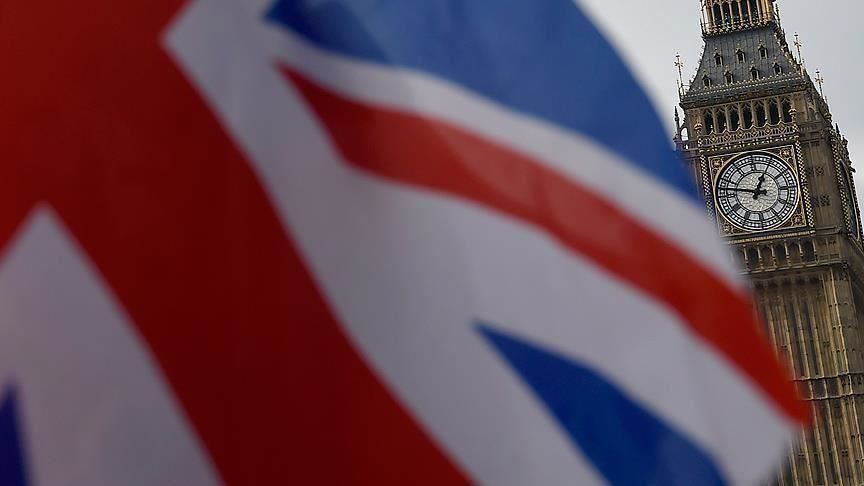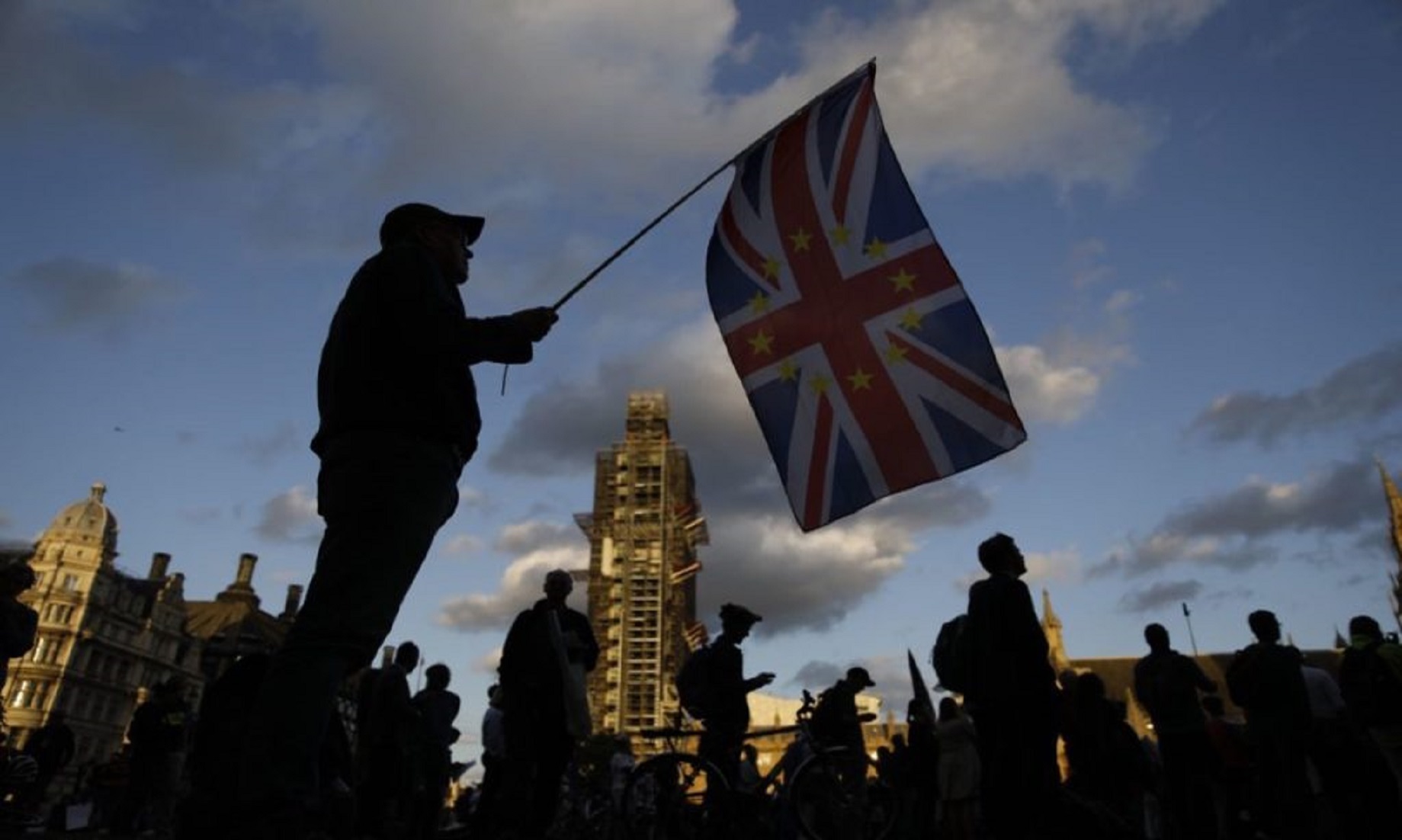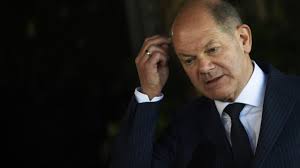Parties put Brexit at the center of their campaigns to woo voters ahead of December election. An analysis of the upcoming UK election by Ahmet Gurhan Kartal.
LONDON, Nov 12 (NNN-ANADOLU) — British voters on Dec. 12 will once again go to polling stations to elect their new parliament members, two-and-a-half years since the last snap election and three-and-a-half years since the fateful EU membership referendum.
The idea of holding this election is to bypass the political impasse in parliament and sort out Brexit once and for all with a new set of MPs.
Nobody can be sure if the new vote will produce a strong government with any party reaching the parliamentary majority by securing a minimum of 320 seats, but there is one thing everyone is sure of: All the parties’ election campaigns are largely shaped around the Brexit Gordian knot and how to solve it.
Other main issues for parties to convince voters to put them in the driver’s seat include the national healthcare services, austerity measures, the economy, and immigration — all of which are related to Brexit to some degree.
The Conservatives’ strategy on the issue is to reach a majority in parliament, apparently using the result of the 2016 referendum and the fact that it has not been delivered on.
Launching the campaign, Tory leader and Prime Minister Boris Johnson appealed to voters to give the party support to “get Brexit done.” While promising better security in the country in the launch, Johnson also attacked Labour Party leader Jeremy Corbyn, comparing him to communist dictator Joseph Stalin.
Labour party’s election promise around the Brexit issue so far tries to appeal to both to Remain and Leave voters. Corbyn repeated his stance on Brexit that the referendum result must be respected, but with a softer Brexit agreement to protect jobs and businesses. He pledged to reach such a deal with the EU in around six months if his party wins the election.
The Scottish National Party’s Brexit stance has stayed unchanged since the 2016 referendum, as the Scots voted to remain in the EU then. In their election campaign they repeat this approach, vowing that if they are dragged out of the EU against their will by any future government, they will go for a second independence referendum, presumably with a different result than the last in 2014.
The new Brexit Party has pledged a fast and definitive Brexit, rejecting the current revised deal of Boris Johnson. Encouraged by the European Parliament election result this May, which made them the top vote-getter in all of Europe, leader Nigel Farage thinks he could make lightning strike twice to win the election.
The Liberal Democrat Party is the only anti-Brexit party in this election. Leader Jo Swinson has said they would revoke Article 50 immediately if they win the election and make the country remain a member of the EU.A
After the Conservative Party rebuffed his proposition for an election alliance, Nigel Farage has already announced Brexit Party candidates for 600 constituencies.
Accusing both Tories and the Labour Party of turning their backs on Leave voters, Farage said he would receive the votes from Labour Leavers. However, his party is expected to receive Tory votes as well since Johnson failed to deliver Brexit despite a “do or die” promise to leave the bloc on Oct. 31.
The Lib Dems, Greens, and Welsh independence party Plaid Cymru announced on Thursday that they would stand in a Remain alliance in the Dec. 12 election. This means that they will support each other in some constituencies in tactical voting. The alliance is expected to cover up to 70 seats in the House of Commons.
In the European Parliament election, the Lib Dems increased their votes to come in second after the Brexit Party.
Political parties have until next Thursday, Nov. 14 to announce their candidates for 650 constituencies.
The result of the December early general election will be crucial for the country, as it will shape the immediate, middle-, and long-term policies from businesses to trade deals as the new government will have the same conundrum of Brexit waiting for them at the Downing Street.
–NNN-ANADOLU

Brexit pledges shape UK election campaigns
Parties put Brexit at the center of their campaigns to woo voters ahead of December election
Ahmet Gurhan Kartal |08.11.2019

LONDON
British voters on Dec. 12 will once again go to polling stations to elect their new parliament members, two-and-a-half years since the last snap election and three-and-a-half years since the fateful EU membership referendum.
The idea of holding this election is to bypass the political impasse in parliament and sort out Brexit once and for all with a new set of MPs.
Nobody can be sure if the new vote will produce a strong government with any party reaching the parliamentary majority by securing a minimum of 320 seats, but there is one thing everyone is sure of: All the parties’ election campaigns are largely shaped around the Brexit Gordian knot and how to solve it.
Other main issues for parties to convince voters to put them in the driver’s seat include the national healthcare services, austerity measures, the economy, and immigration — all of which are related to Brexit to some degree.
The Conservatives’ strategy on the issue is to reach a majority in parliament, apparently using the result of the 2016 referendum and the fact that it has not been delivered on.
Launching the campaign, Tory leader and Prime Minister Boris Johnson appealed to voters to give the party support to “get Brexit done.” While promising better security in the country in the launch, Johnson also attacked Labour Party leader Jeremy Corbyn, comparing him to communist dictator Joseph Stalin.
Labour party’s election promise around the Brexit issue so far tries to appeal to both to Remain and Leave voters. Corbyn repeated his stance on Brexit that the referendum result must be respected, but with a softer Brexit agreement to protect jobs and businesses. He pledged to reach such a deal with the EU in around six months if his party wins the election.
The Scottish National Party’s Brexit stance has stayed unchanged since the 2016 referendum, as the Scots voted to remain in the EU then. In their election campaign they repeat this approach, vowing that if they are dragged out of the EU against their will by any future government, they will go for a second independence referendum, presumably with a different result than the last in 2014.
The new Brexit Party has pledged a fast and definitive Brexit, rejecting the current revised deal of Boris Johnson. Encouraged by the European Parliament election result this May, which made them the top vote-getter in all of Europe, leader Nigel Farage thinks he could make lightning strike twice to win the election.
The Liberal Democrat Party is the only anti-Brexit party in this election. Leader Jo Swinson has said they would revoke Article 50 immediately if they win the election and make the country remain a member of the EU.
Alliances
After the Conservative Party rebuffed his proposition for an election alliance, Nigel Farage has already announced Brexit Party candidates for 600 constituencies.
Accusing both Tories and the Labour Party of turning their backs on Leave voters, Farage said he would receive the votes from Labour Leavers. However, his party is expected to receive Tory votes as well since Johnson failed to deliver Brexit despite a “do or die” promise to leave the bloc on Oct. 31.
The Lib Dems, Greens, and Welsh independence party Plaid Cymru announced on Thursday that they would stand in a Remain alliance in the Dec. 12 election. This means that they will support each other in some constituencies in tactical voting. The alliance is expected to cover up to 70 seats in the House of Commons.
In the European Parliament election, the Lib Dems increased their votes to come in second after the Brexit Party.
Political parties have until next Thursday, Nov. 14 to announce their candidates for 650 constituencies.
The result of the December early general election will be crucial for the country, as it will shape the immediate, middle-, and long-term policies from businesses to trade deals as the new government will have the same conundrum of Brexit waiting for them at the Downing Street.





